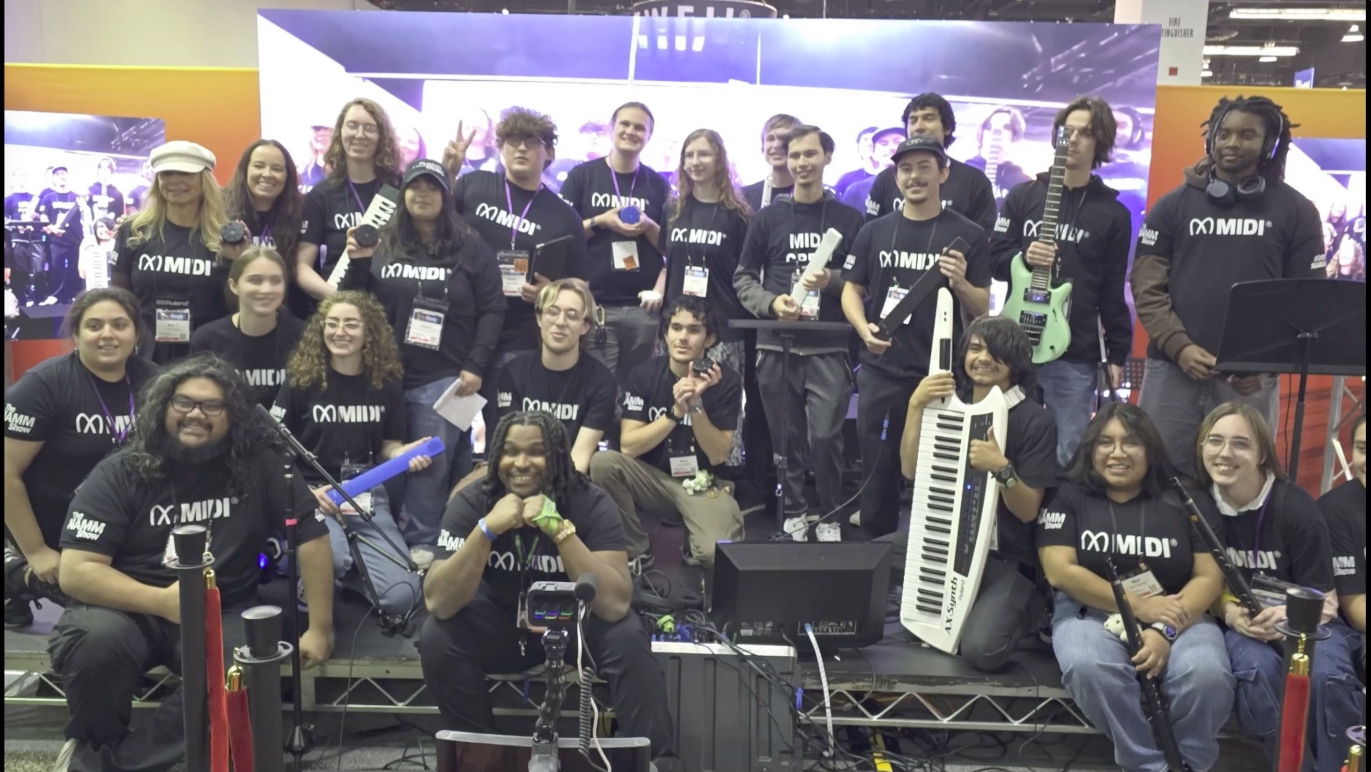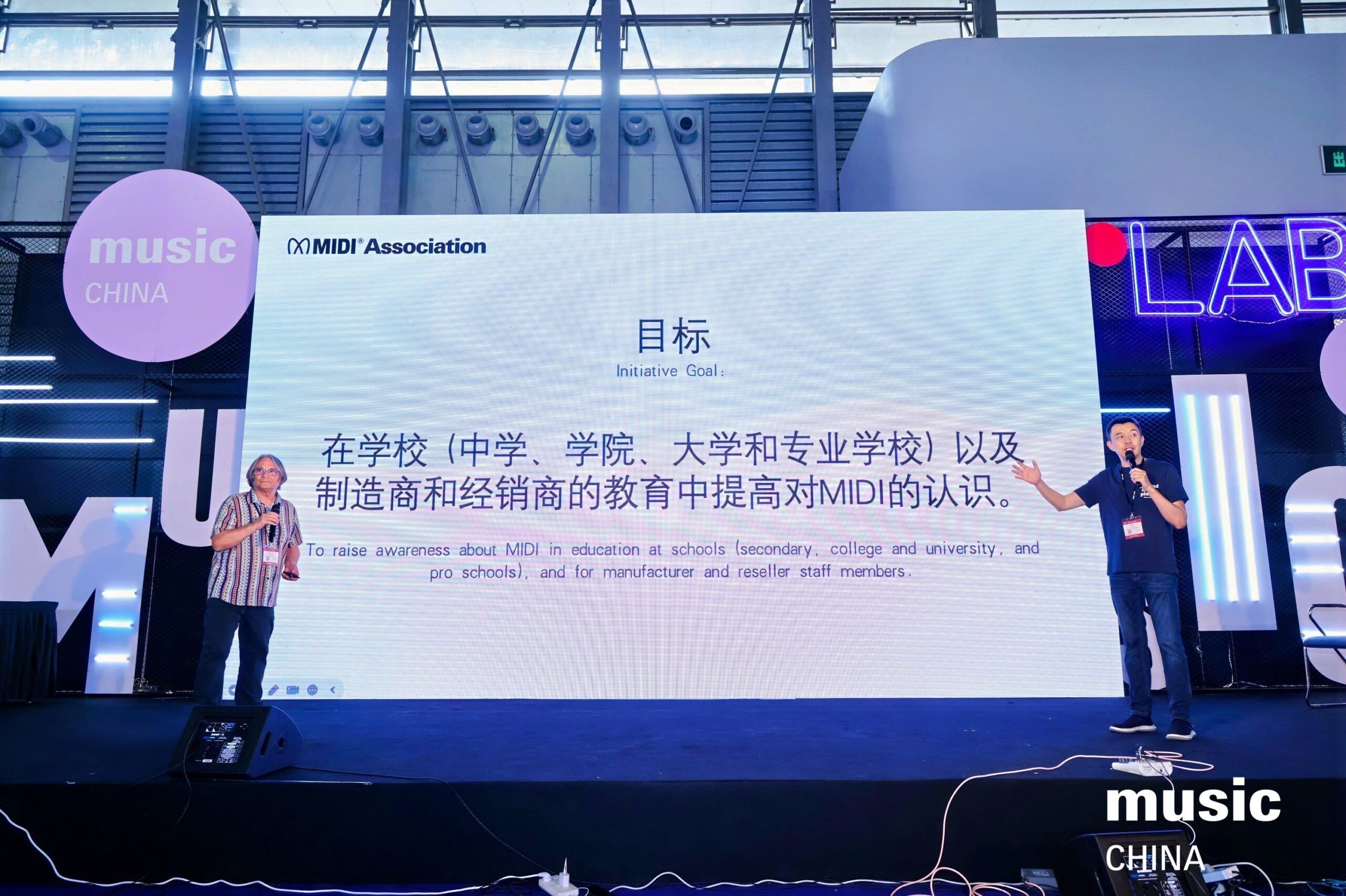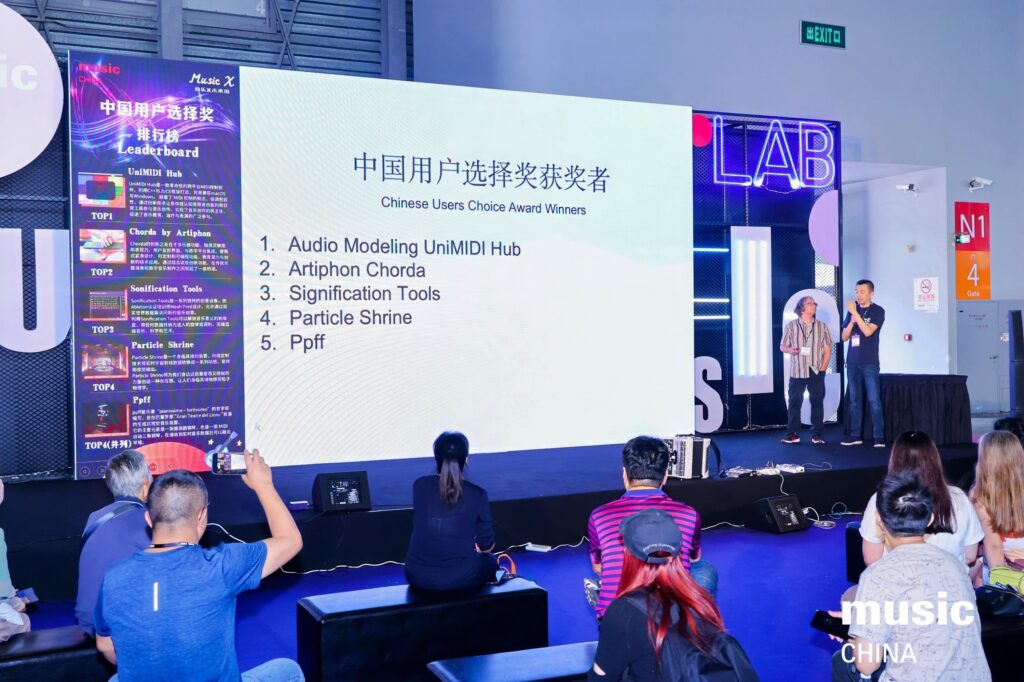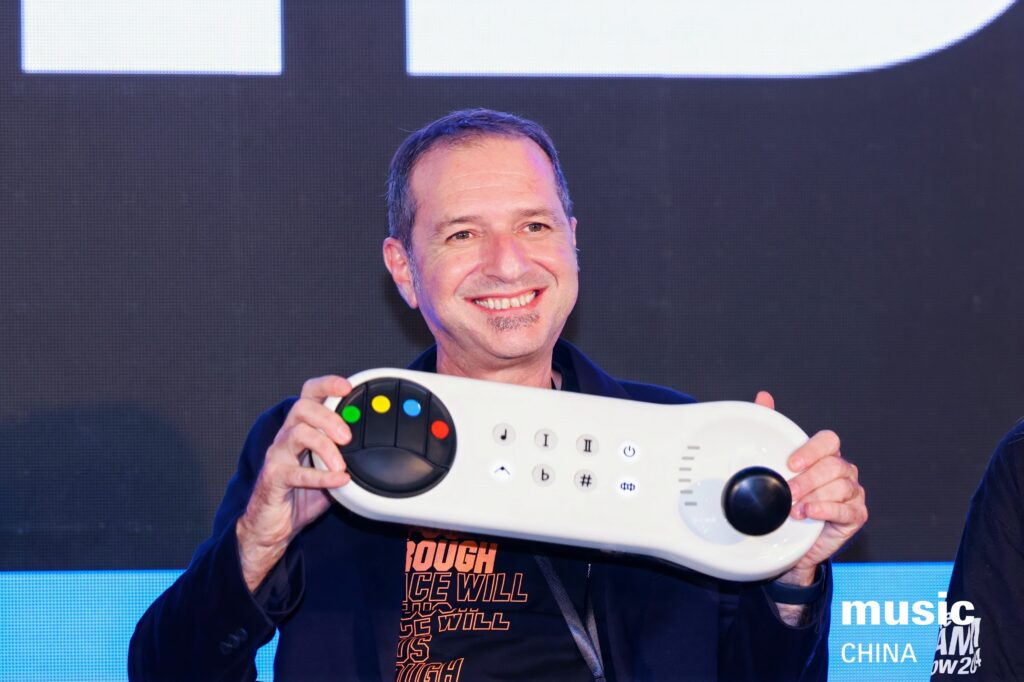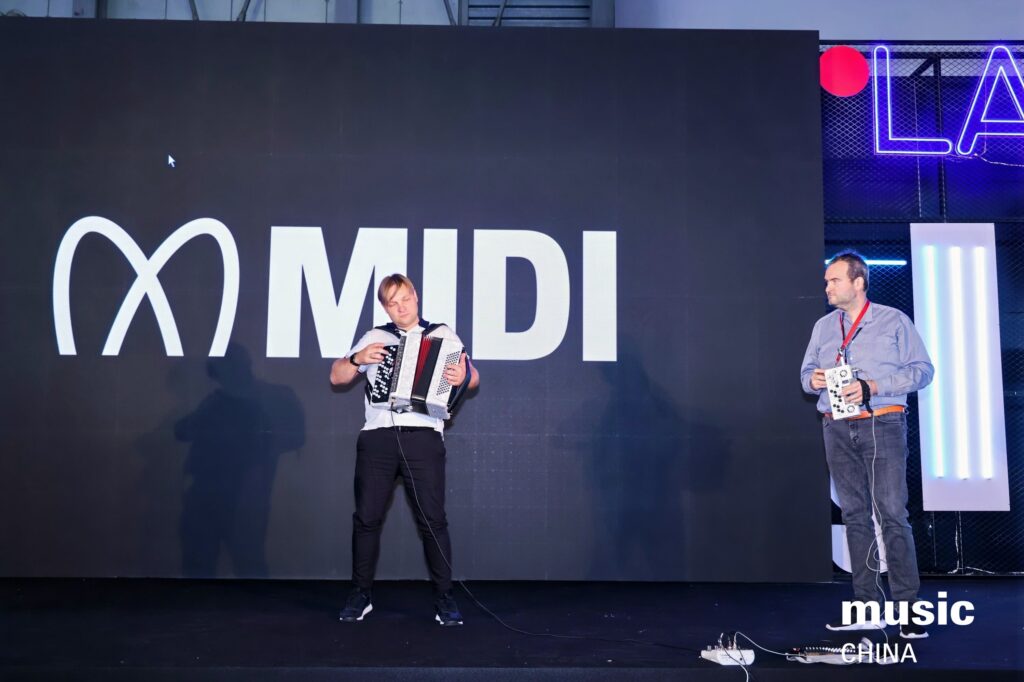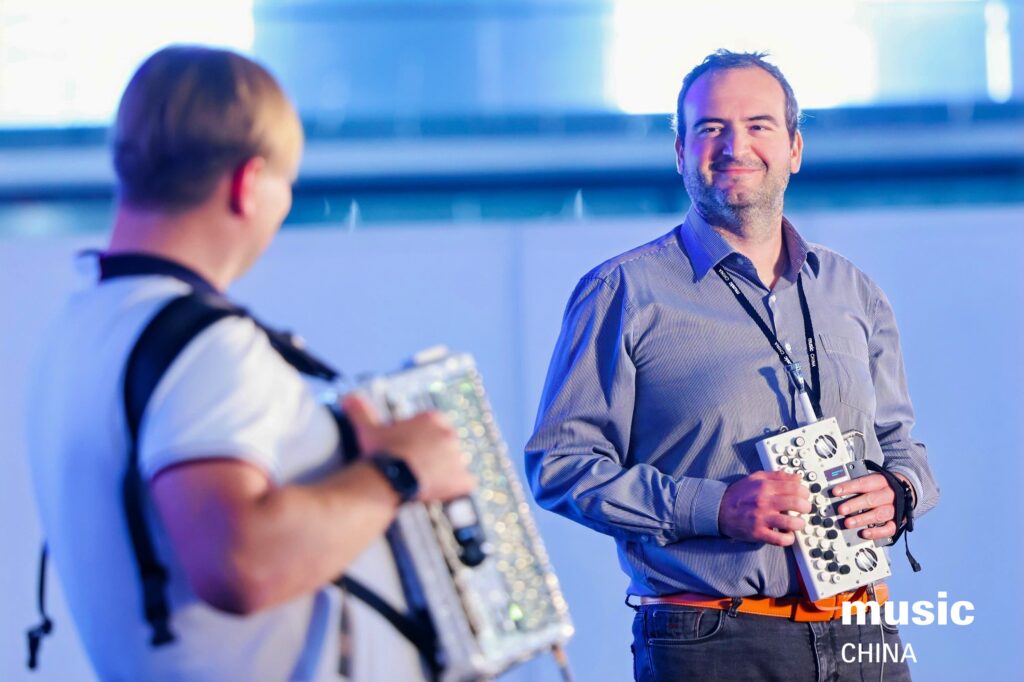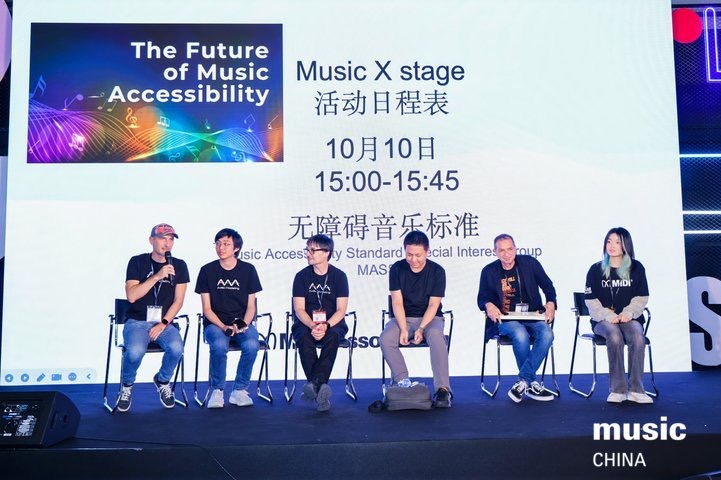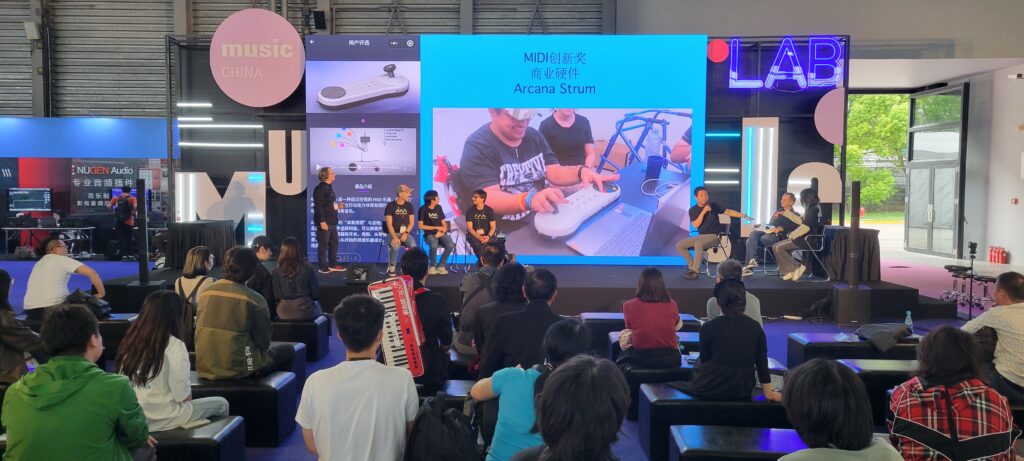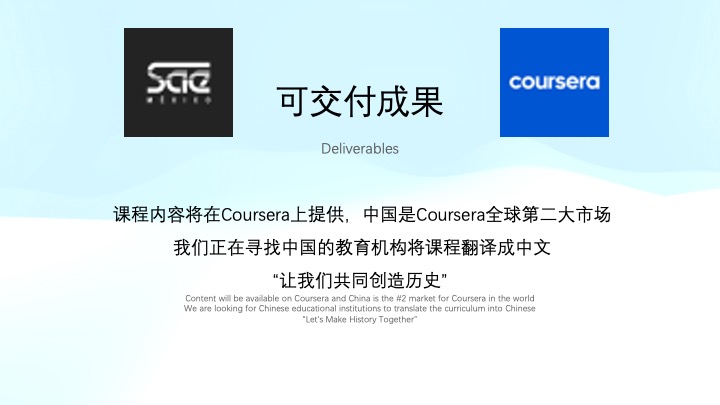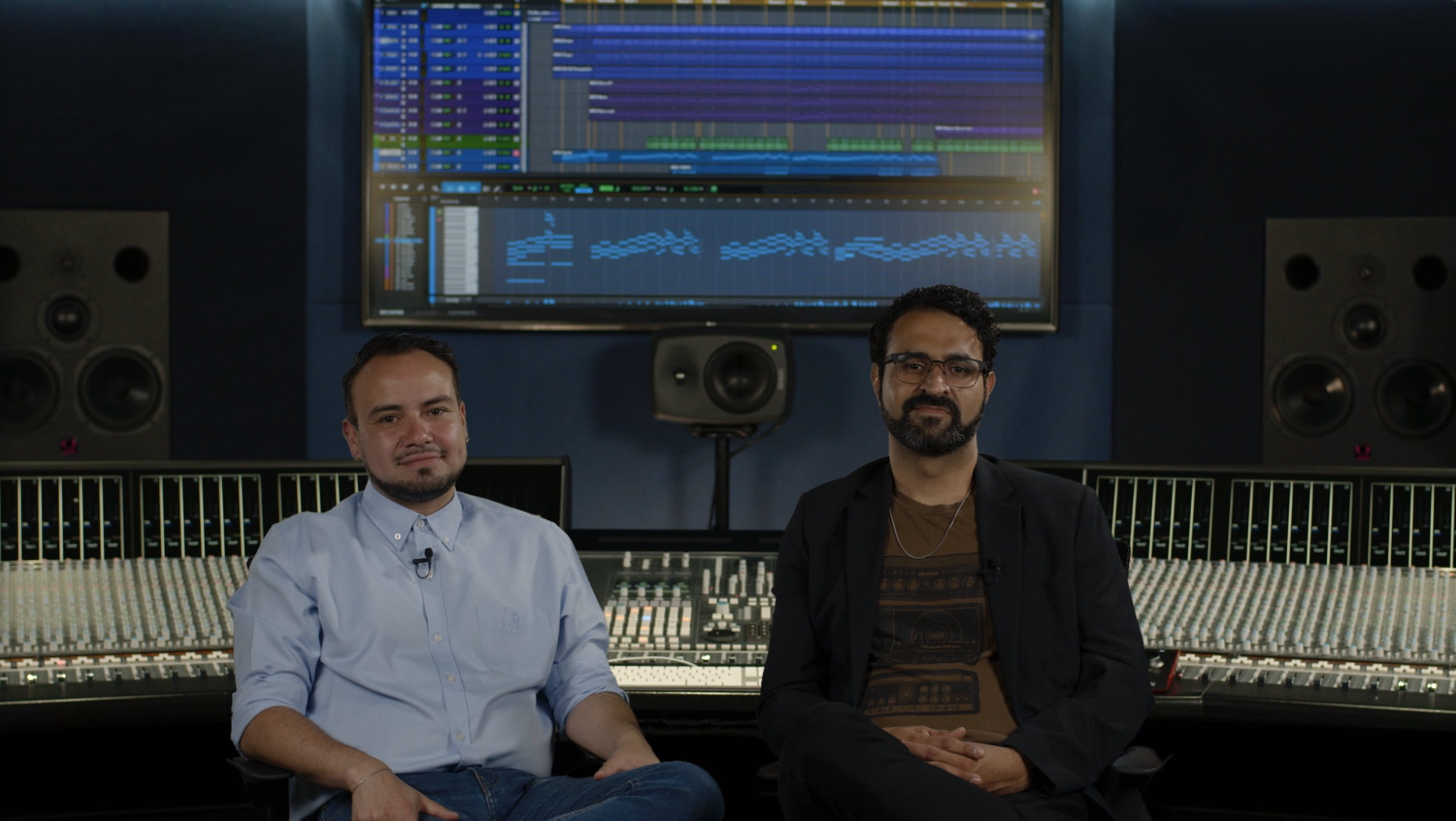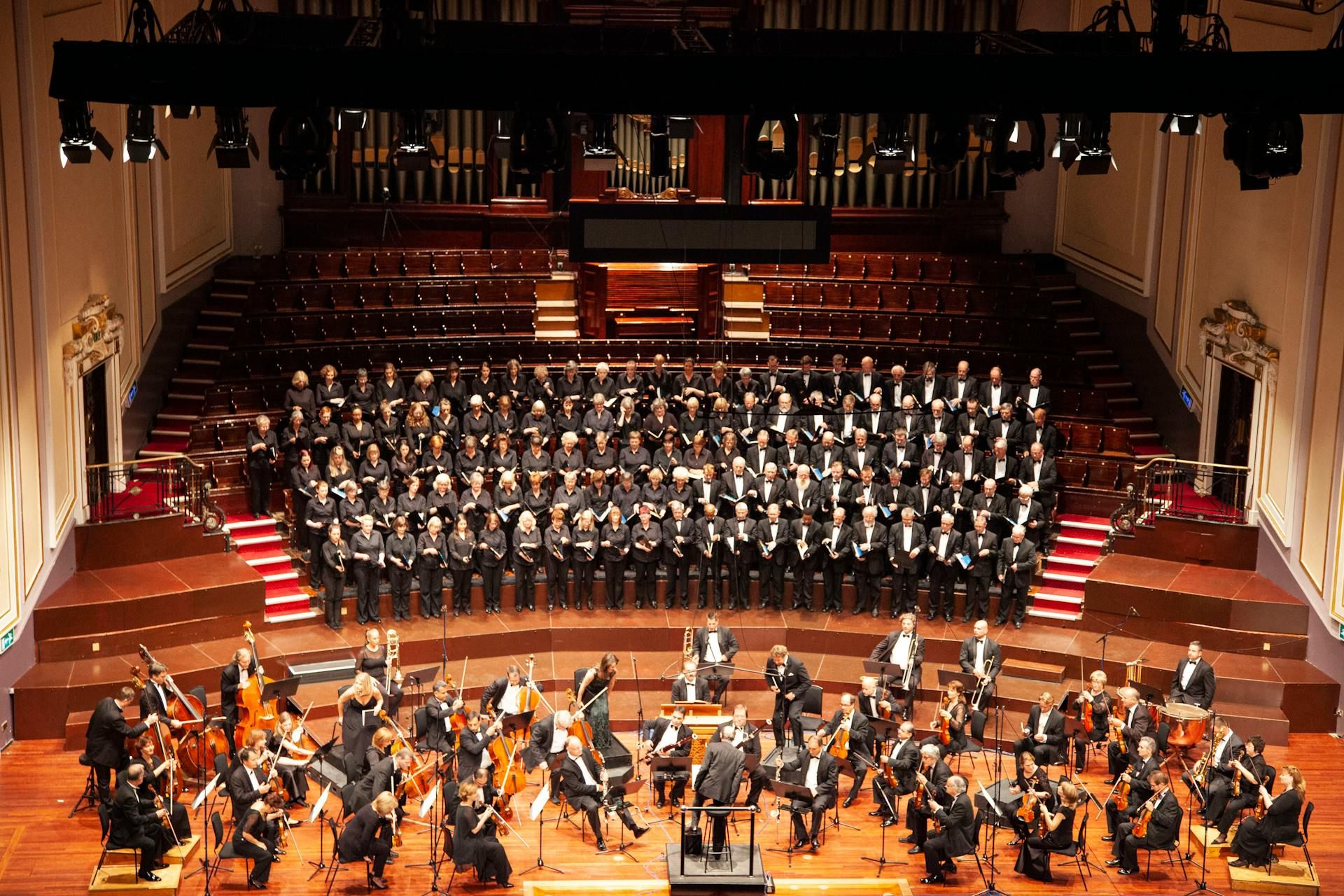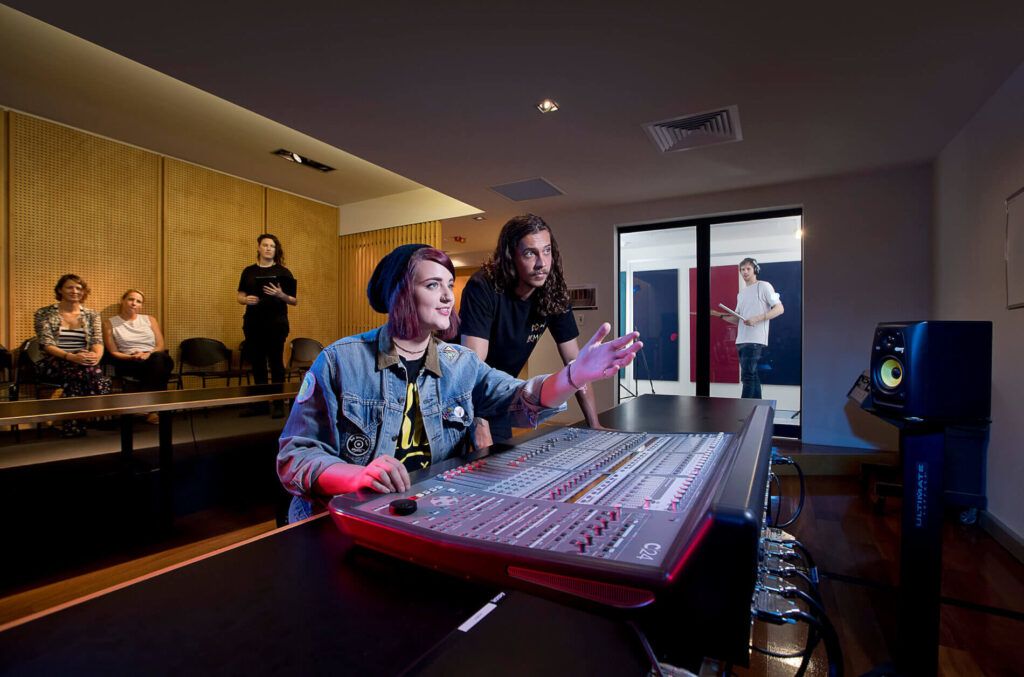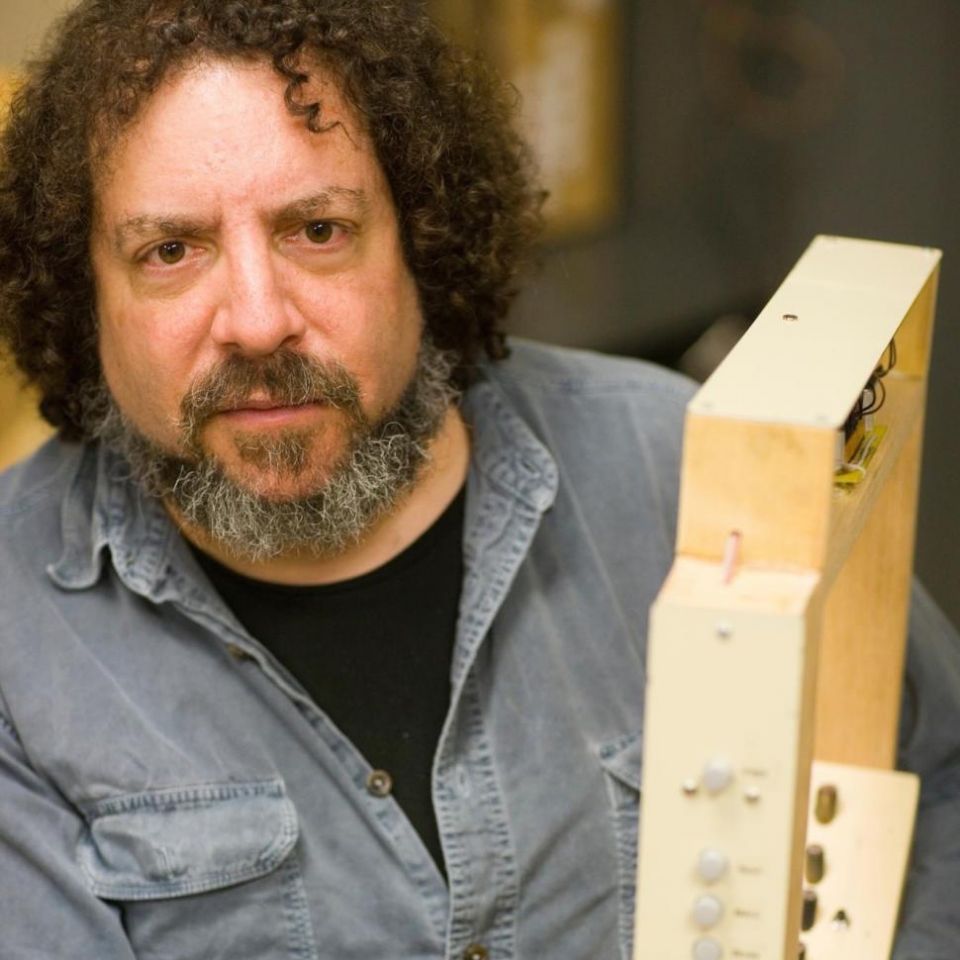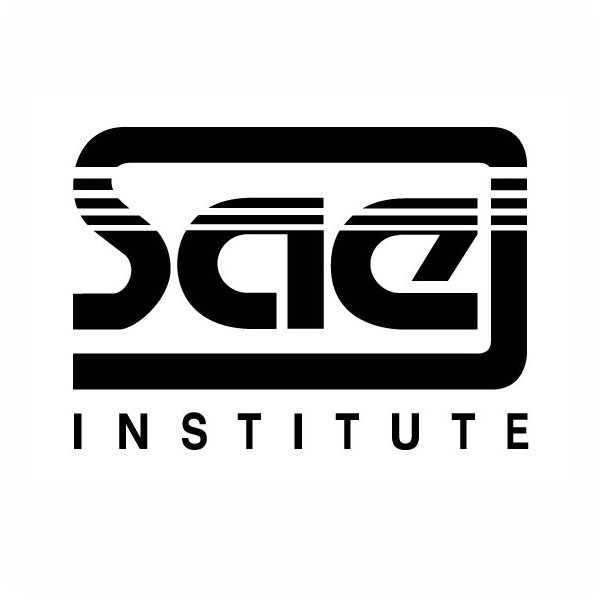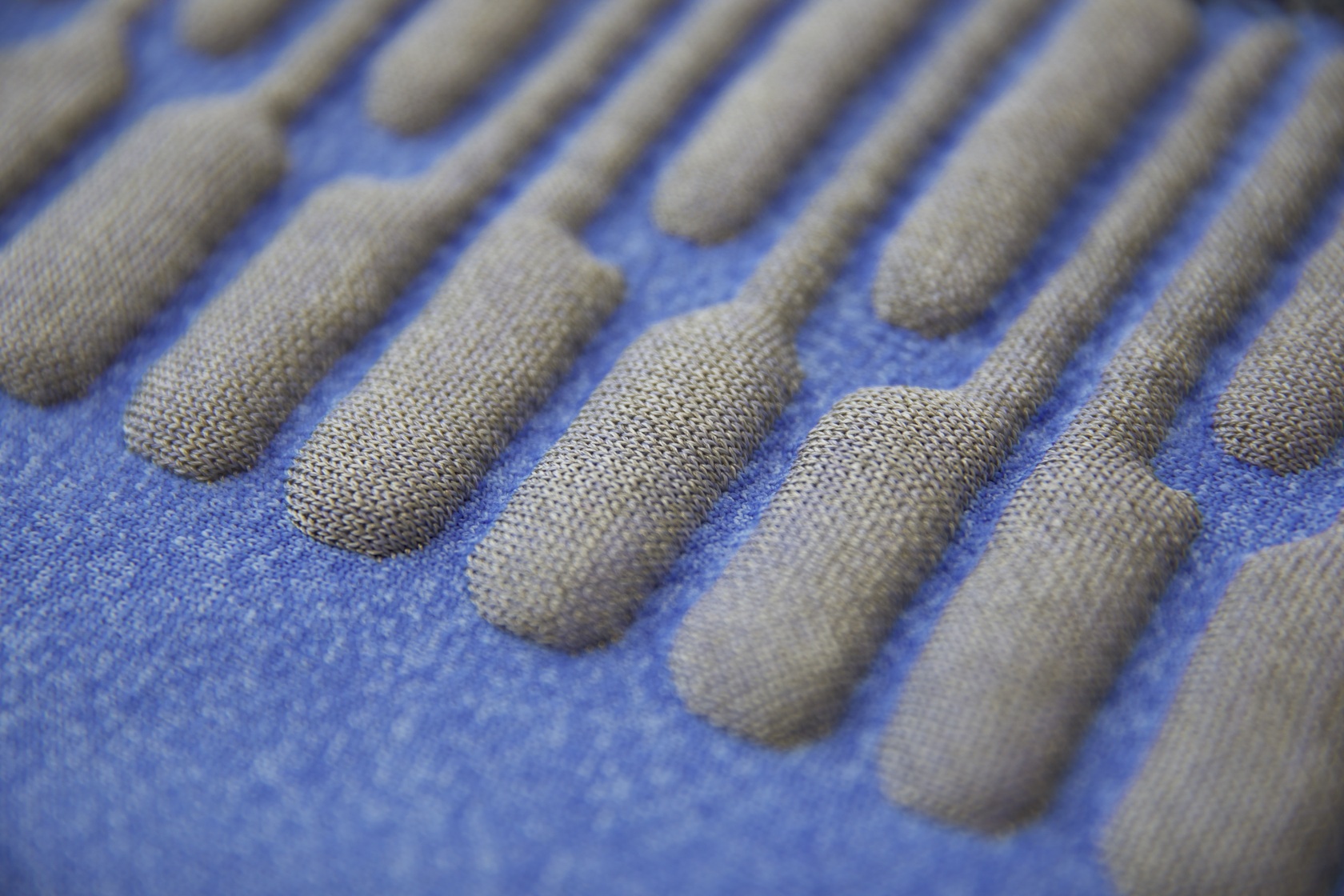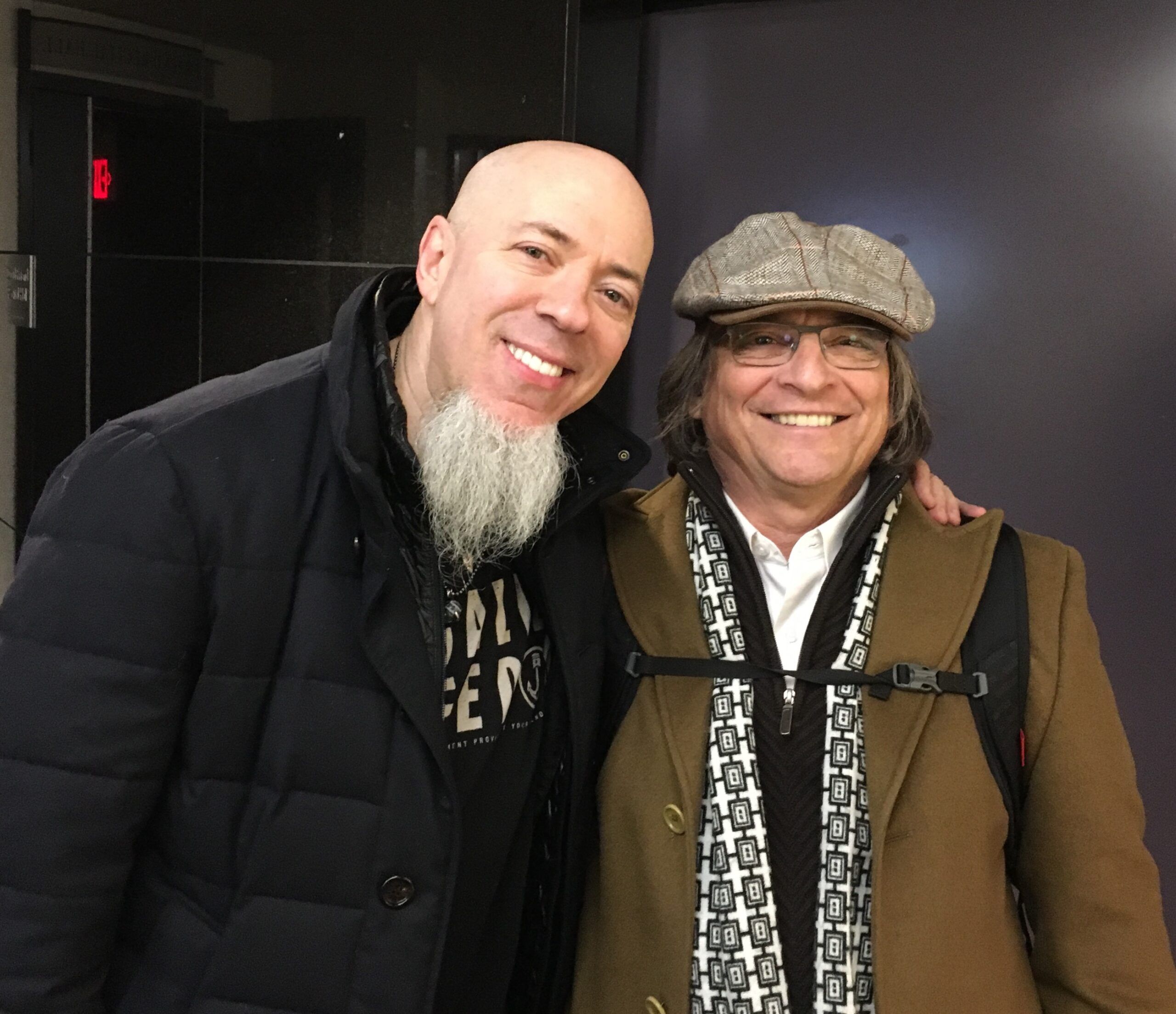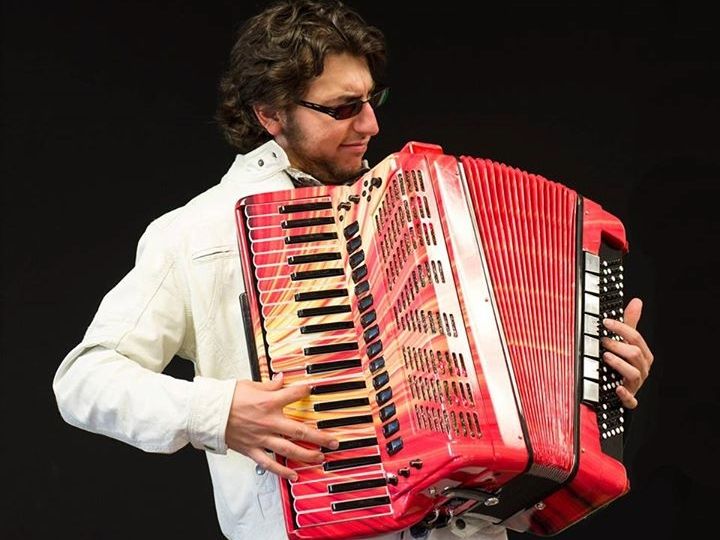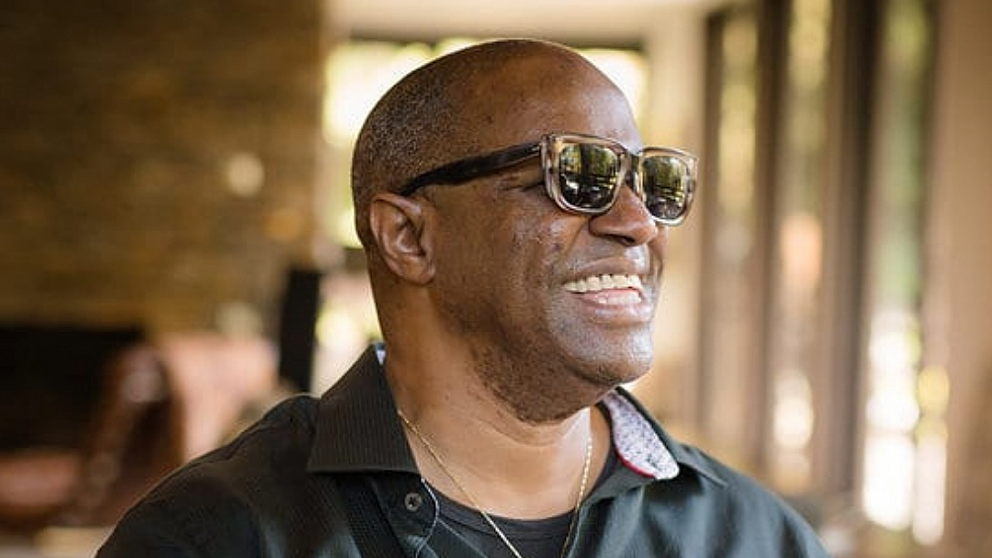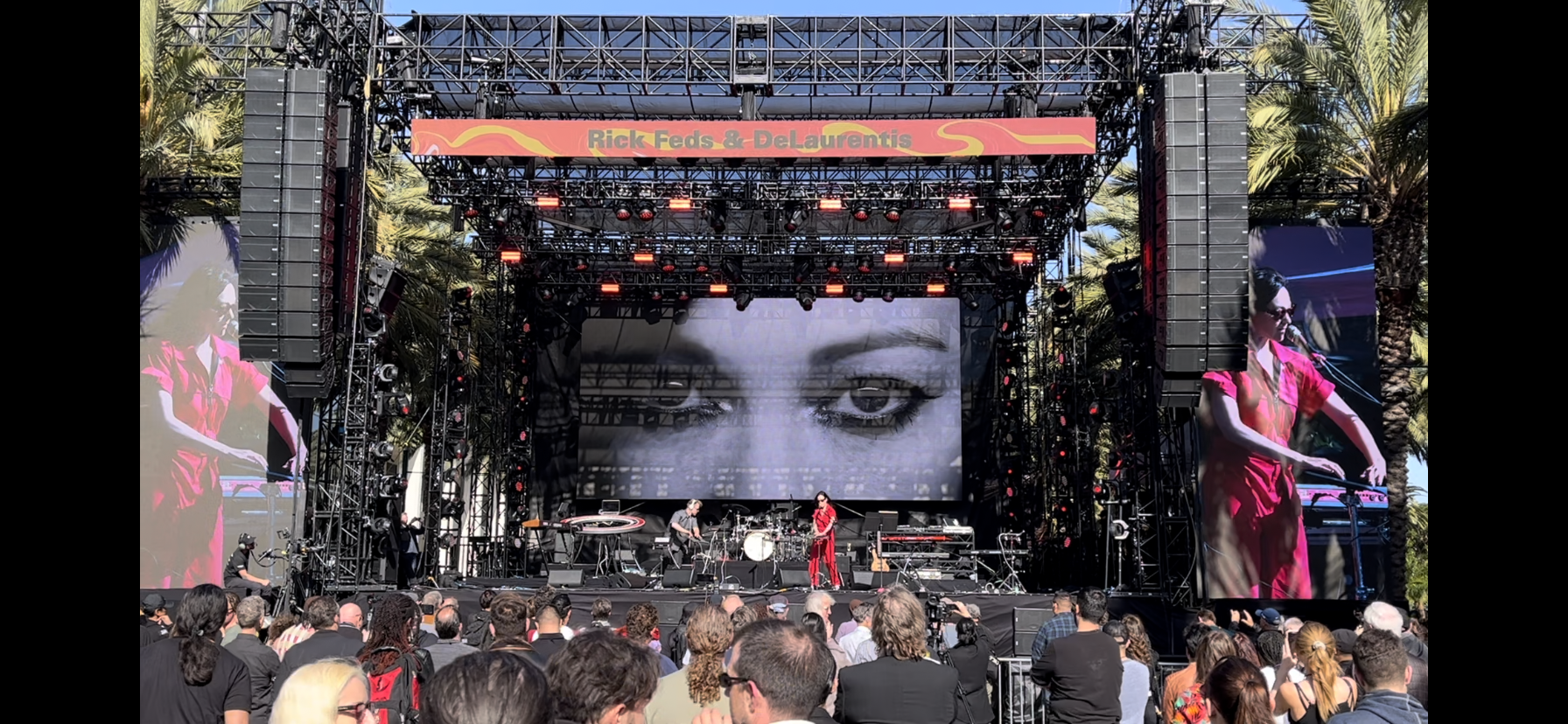MIDI and Music Education: Expanding Access and Engagement Worldwide
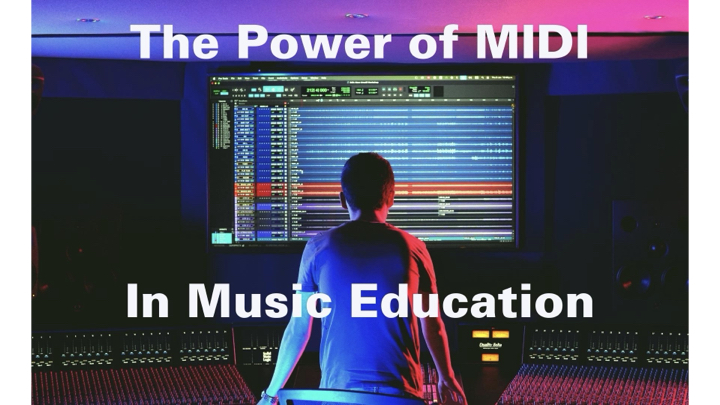
Date: Youtube Premier On Saturday May 31, 2025
Event: MIDI In Music Education Working Group Presentation and Webinar
The MIDI Association will host an education-focused webinar, bringing together music educators, industry leaders, and students to discuss new initiatives and expand engagement with MIDI in education globally.
Featured Participants
- Dr. Lee Whitmore – Focusrite Group, MIDI Association Executive Board Member
- Jennifer Amaya – Riverside City College, Coyle School of the Arts
- Isaac De La Mora – SAE Institute Mexico
- Athan Billias – The MIDI Association
Agenda Highlights
- Introduction of the new MIDI Association charitable programs
- Launch of a MIDI education materials grant program
- Showcase of music education efforts at Riverside City College
- Call to action for deeper involvement in the Association’s working groups
Webinar Chapters and Key Moments
1. Introduction by Dr. Lee Whitmore (00:00:03)
Dr. Whitmore welcomed attendees and introduced the goals of the meeting, emphasizing the importance of industry-educator collaboration.
2. Webinar Agenda Overview (00:01:12)
The agenda focused on new MIDI education programs and projects like Riverside City College’s music tech initiatives.
3. Launch of New Education Materials (00:02:58)
New MIDI education resources were announced, developed in collaboration with SAE Institute Mexico, aiming to increase accessibility and inclusivity.



4. Curriculum Development with Isaac De La Mora (00:04:30)
Isaac De La Mora shared progress on a bilingual (English and Spanish) MIDI curriculum tailored for Latin American educators.
5. A Global Distribution Platform (00:05:32)
The MIDI Association is partnering with Coursera to distribute these educational resources globally, reinforcing the importance of multilingual support.
6. Educator Engagement and Bilingual Access (00:08:16)
Flexible integration into existing curriculums was discussed, alongside strategies to reach educators and students in Latin America.
7. Riverside City College’s NAMM Involvement (00:11:15)
Jennifer Amaya highlighted student participation in the NAMM Show and their upcoming associate’s degree in music industry studies.
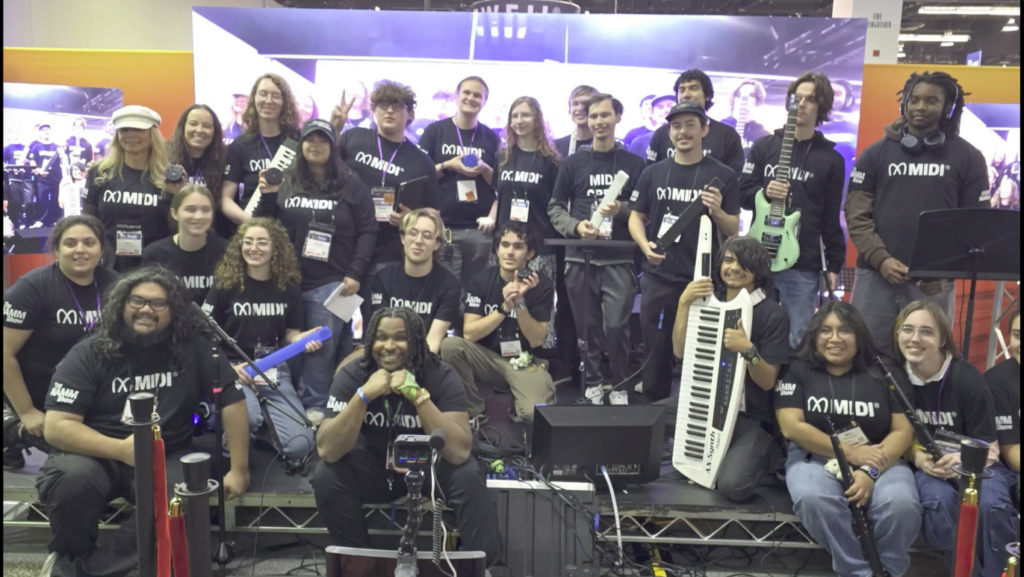
8. Student Roles and Real-World Experience (00:16:56)
Students took hands-on roles at NAMM, including booth management and performance—providing invaluable industry exposure.
9. Event Challenges and Coordination (00:18:40)
Jennifer described challenges in logistics and coordination with Yamaha and other partners—valuable learning moments for students.
10. Reflections and Future Planning (00:22:46)
Looking ahead, the group discussed ideas for MIDI-related competitions and further integration of student engagement in future events.
11. Global Perspective with Athan Billias (00:26:38)
Athan shared the MIDI Association’s mission to democratize music education through global partnerships and open-access resources.
12. Call to Action (00:27:10)
Dr. Whitmore and Athan closed the webinar with a call for broader involvement in MIDI’s educational working groups and outreach projects.
Get Involved
Educators, developers, and institutions are invited to contribute to MIDI’s educational mission. Whether through curriculum design, language translation, or local outreach, your participation can help broaden the reach of music technology education around the world.
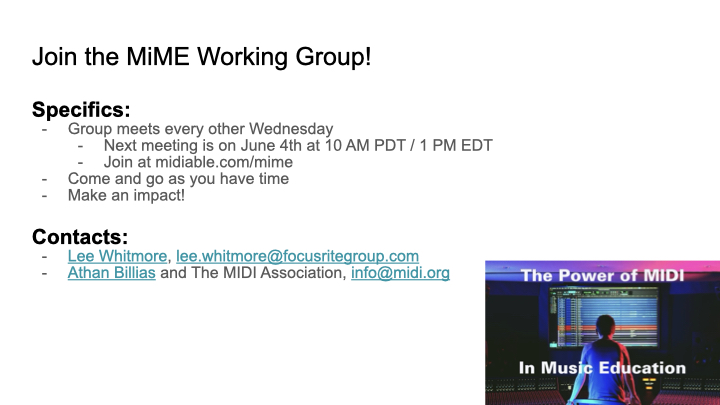
Visit: MIDI In Music Education Special Interest Group to learn more and join the MIDI in Education community.
